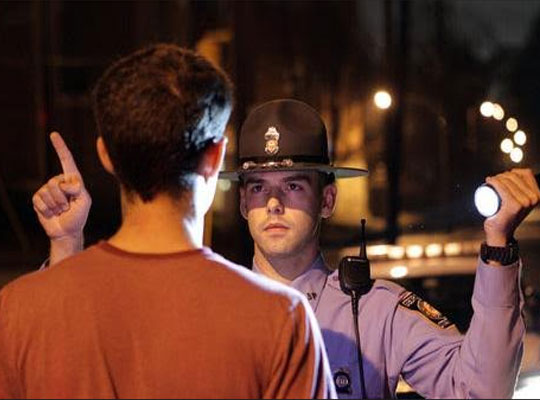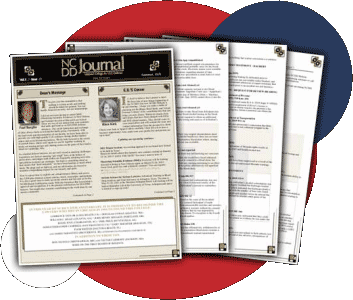Horizontal Gaze Nystagmus (HGN)

One of the three National Highway Traffic and Safety Administration’s Standardized Field Sobriety Tests, and one of considerable debate, is the Horizontal Gaze Nystagmus Test. Initially used in western states in the early 1980’s, this test is now used nationwide and is an intricate part of nearly all law enforcement training. Left unchallenged, HGN evidence can have a devastating impact at trial. However, when properly challenged by the defense, much of the test can be discredited.
While there are many causes of Nystagmus, other than briefly mentioning them, law enforcement is really only trained to detect Horizontal Gaze Nystagmus. Vestibular Nystagmus is caused by the moves or action to the vestibular system and can include:
- Rotational Nystagmus.
- Post-Rotational Nystagmus.
- Caloric Nystagmus.
- Positional Alcohol Nystagmus.
To learn more about the many forms of Nystagmus, visit our Virtual Forensic Library here. Nystagmus can also result from neural activity, such as optokinetic Nystagmus. This occurs when they eyes fixate on an object that suddenly moves out of sight or when the eyes watch sharply contrasting or moving images, such as patrol lights. Since Optokinetic Nystagmus can greatly influence DUI investigations, visit our Virtual Library to learn more.
Horizontal Gaze Nystagmus occurs as the eyes move to the side from center point and is an involuntary jerking of the eye. Prior to the administration of this test, an officer must check a subject’s eyes for equal pupil size, resting Nystagmus and equal tracking. If a subject does not exhibit resting Nystagmus and their pupils equal size and the eyes track together, only then may the test be administered.
An officer administering this test will check for three clues in each eye while checking for HGN:
- Lack of Smooth Pursuit. Here, the eyes can be observed to jerk or bounce as they follow a smoothly moving stimulus.
- Distinct and Sustained Nystagmus at Maximum Deviation. This will be evident when the eye is held at maximum deviation for a minimum of four seconds.
- Onset of Nystagmus Prior to 45 Degrees. The point at which the eyes is first seen jerking. An officer administering this test is to note if that jerking begins prior to the eyes reaching 45 degrees.
Like all NHTSA Standardized Field Sobriety Tests, there is a specific way that the test must be administered and there is a specific way that the tests must be scored. Any failure to strictly follow the standardized methods will COMPROMISE THE RESULTS.
The Critical 82 Seconds.
A properly administered Horizontal Gaze Nystagmus will have at least 14 passes of the stimulus and take a minimum of 82 seconds to complete. To learn more about the specifics necessary to properly administer the HGN test, visit our Virtual Library here.
Familiarity with the all the various versions of the National Highway Traffic and Safety Administration’s Standardize Field Sobriety Testing Manual is a must for proper defense of accused impaired drivers. NTSA’s strict requirements mandates that these tests are inherently unreliable unless administered in a specific manner. To learn more about standardized field sobriety tests, including the Horizontal Gaze Nystagmus Test, visit our Virtual Forensic Library where all versions of NHTSA’s manuals are available.




